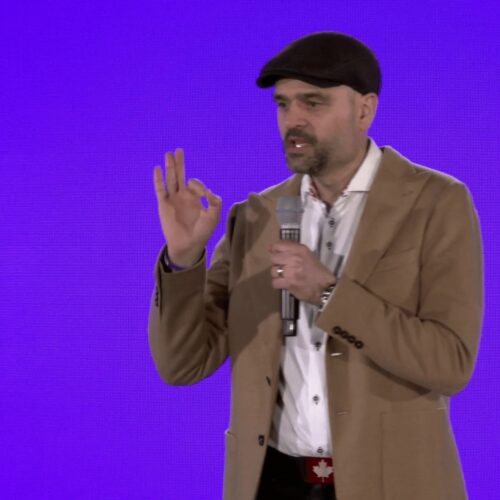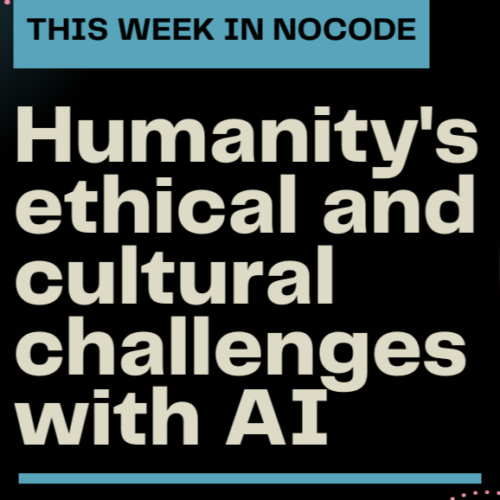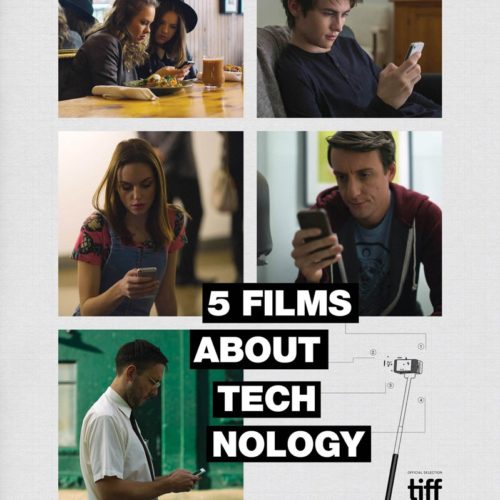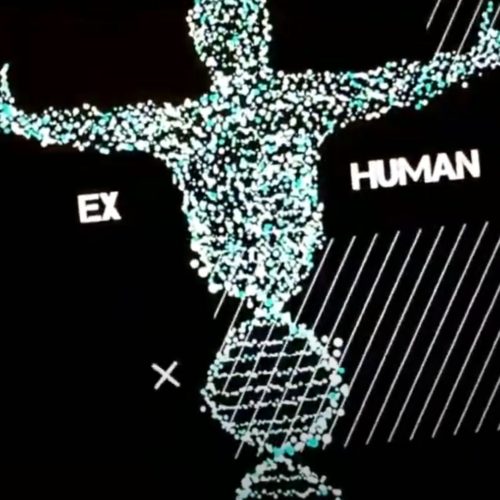Elementary, my dear, Watson: Who is Smarter than Human?
In the 1940s Alan Turing famously predicted that one day computers will defeat humans in chess.
In 1997 IBM’s Deep Blue defeated the reigning world chess champion Gary Kasparov.
Currently, IBM is building a natural language processing computer named Watson, designed to compete in the game show Jeopardy and, ultimately, defeat any human opponent.
(You can test yourself against Watson by playing the NY Times Trivia Challenge Game here.)
As you can see in the videos Watson is still very much a work in progress. However, is there anyone who honestly doubts the inevitable? Do you need to be a Sherlock Holmes to see what’s coming? I think it’s elementary.
Big deal. Someone will say.
I remember reading once that famous linguist Noam Chomsky commented that Deep Blue defeating Kasparov in chess was as interesting as a bulldozer winning the Olympics in weight-lifting. Well, I wonder if, as a linguist, Chomsky perceives Watson to be a little more interesting than Deep Blue.
I admit — I am no world famous linguist. But it seems to me that in a way, Jeopardy is very different from chess. In fact, I will argue that Jeopardy is much, much harder (at least for computers) than chess.
For the record: I love chess. I think it takes a uniquely rare genius to become a world chess champion like Kasparov. But language is so much more complex and has, it seems to me, a near infinite number of combinations, idioms, subtle, ironic and humorous meanings.
Chess, on the other hand, has a very large but still limited number of moves. Therefore, if a computer beats the best of us in Jeopardy, I would dare to say: It is, indeed, a big deal.
And then, again: Is Jeopardy really that different from chess?
Maybe as much as chess is different from wool weaving. But the fact remains that a few hundred years after weaving machines became better than weaving humans, the Mechanical Turk turned from a hoax into reality.
So, is anything really that different from chess? And from weaving? And calculating? And machining? And lifting? And welding? And…
Will there be anything that we can claim and hold as exclusively human and therefore untouchable for the machine intelligence?
I am not sure there is.
But even if there is (let’s call it love or emotional intelligence for example) once we are the smart, but really not that smart, formerly smartest species on the block, the question still remains unchanged:
What happens when Kasparov’s “uniquely rare genius” is mass produced in every personal computer? (As it already is.) Or, since today we are putting chips in everything, what happens when eventually any smart machine is able to outdo any human at any one thing?
What then? Where do we go from there? Where do we find work? How do we make a living? How do we even survive as a species?
Will technology replace biology?
Video Updates:
IBM’s Watson supercomputer destroys all humans in Jeopardy
How Watson wins at Jeopardy, with Dave Gondek










